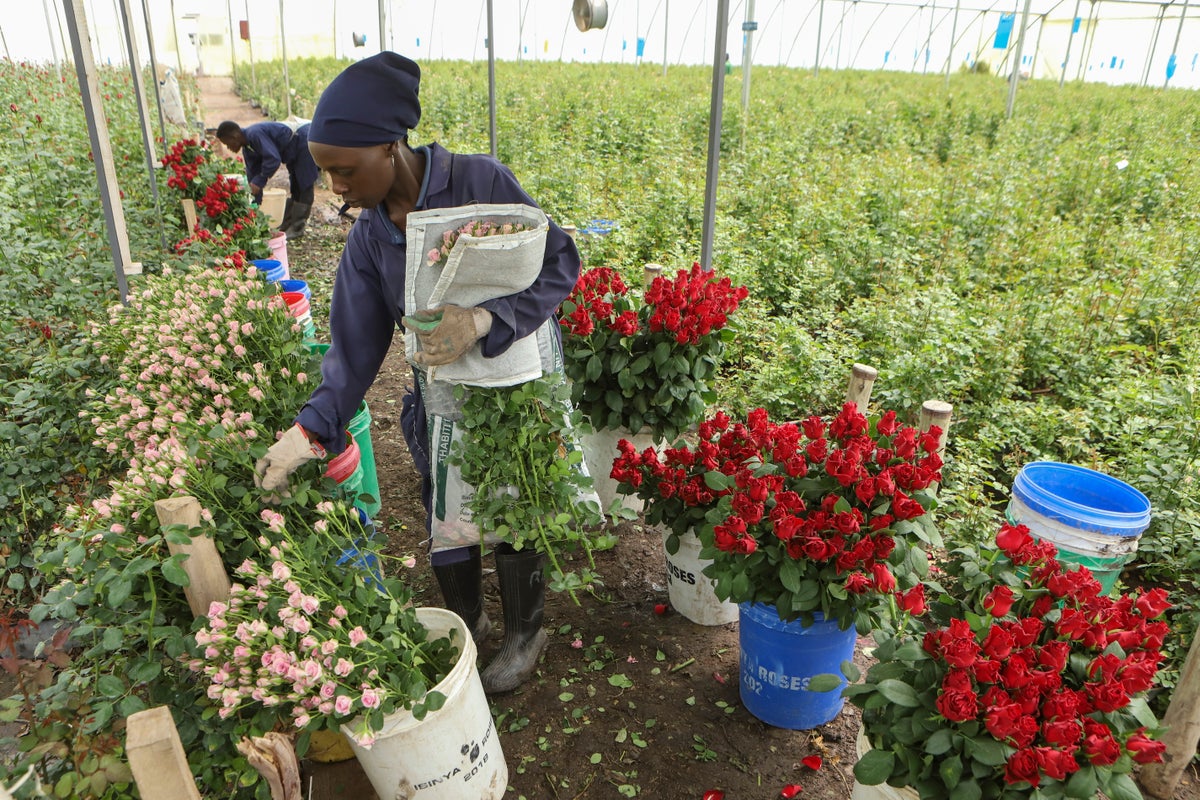The group is calling on authorities to introduce maximum levels of pesticide residues, a ban on imports of flowers treated with pesticides that are banned in Europe, and mandatory labelling of the origin and treatment of flowers.
The flower industry points to studies saying that cut flowers pose no health risk to consumers, though some advocates say there hasn't been enough study on whether the contamination could endanger florists who touch them daily.
The Dutch branch of the Pesticide Action Network — a network of European NGOs promoting sustainable alternatives to pesticides —- tested 13 bouquets of tulips, roses, and mixed bouquets in a certified laboratory.
France’s oldest consumer group is reminding people that any imported cut flower likely also contains pesticides -- even those banned in Europe.
Among those, a study in Belgium showed that pesticides could be absorbed through the skin when handling contaminated flowers, with a potential damaging effect on health.































